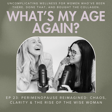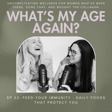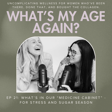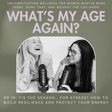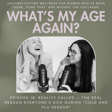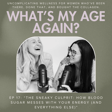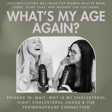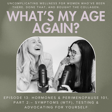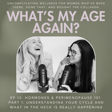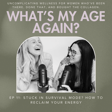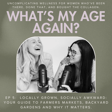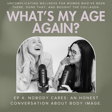
Ep 10: Healing Isn’t Linear: Why the Hard Work is Worth It
We’ve all been there—searching for the quick fix, the magic supplement, or the shortcut that will finally make us feel better. But here’s the truth: healing takes work. It’s not a straight line, it’s not instant, and it’s definitely not about perfection. In this episode, we’re having an honest conversation about what real healing looks like, why setbacks don’t mean failure, and how the work you put in pays off in life-changing ways.
We share our own journeys—the frustrations, the lessons, and the breakthroughs—and talk about why healing is hard but so, so worth it.
What We Dive Into:
- Why healing requires major lifestyle shifts, not just supplements or quick fixes
- The role medications can play in healing—and why they’re just one step, not the solution
- What it means when we say “healing isn’t linear” (hello ups, downs, and slumps)
- Why flare-ups and health crises happen during healing (stress, overwhelm, viruses, even emotional/energetic shifts)
- How to trust the process—even when it feels messy or hard
- Why setbacks don’t mean starting over (think: train tracks, not a reset button)
Where to find us:
IG @whatsmyageagain.podcast or email us at: wmaapod@gmail.com
Where to find Tanya:
IG @tlcholistic / FB @tlcholistic
Book with Tanya: https://tlcholistic.janeapp.com/locations/tlc-holistic
Join the TLC Community: https://www.patreon.com/tlcholistic
Where to find Kim:
IG @kimdesmarais.nutrition /FB @KimDesmarais
Book with Kim: Complimentary Connect Call
